Practice segmenting, blending, and identifying types of syllables in words with a set of apple themed puzzles.
What are Syllables? A Puzzling Concept…
When learning to read, students are encouraged to decode words by looking at the sum of their parts—not only as whole words but also as syllables.
Syllable counting breaks words into more digestible “chunks” for early learners’ ears to hear, making it easier to sound out and spell words accurately and with greater fluency.
With this fun set of apple-themed syllable puzzle cards, students will practice segmenting, blending, and identifying the different types of syllables in multisyllable words.
What are the Syllable Types?
Your students will love this resource to practice blending, segmenting, and counting syllables in words. It can be used as a reading center activity, for individual instruction in your guided reading group, or as a whole-group Science of Reading practice activity. The examples of syllables you may find color-coded in the puzzles include
- A closed syllable ends in a consonant. The vowel has a short vowel sound, as in the word bat.
- An open syllable ends in a vowel. The vowel has a long vowel sound, as in the first syllable of apron.
- A vowel-consonant-e syllable is usually found at the end of a word. The final e is silent and makes the next vowel before it long, as in the word fame.
- A vowel team syllable has two vowels next to each other that together say a new sound, as in the word mound.
- A consonant+l-e syllable is found in words like table, mumble, and dimple.
- An r-controlled syllable contains a vowel followed by the letter r. The r changes how the vowel is pronounced, as in the word far.
These puzzles can be used in one of two ways:
- Use them as a simple matching activity, then have students segment the words, blend the pieces, and read the multisyllabic words.
- Use these puzzles to practice identifying the six types of syllables, having students sort or match the different syllable types seen in the words. (Note: You will need to use the color versions of these cards for this, or print the BW version and color them yourself)
Easily Prepare This Resource for Your Students
This activity is super easy to work with! Simply print your puzzles, cut them apart, and place them in a learning center for your students. You could even print them and use them for small group instruction as an additional resource to supplement your Science of Reading curriculum.
Before You Download
Use the dropdown on the Download button to choose between the editable Google Slides or PDF resource file. This resource comes in both a full color or black and white version.
This resource was created by Lisamarie Del Valle, a teacher in Florida and a Teach Starter Collaborator.
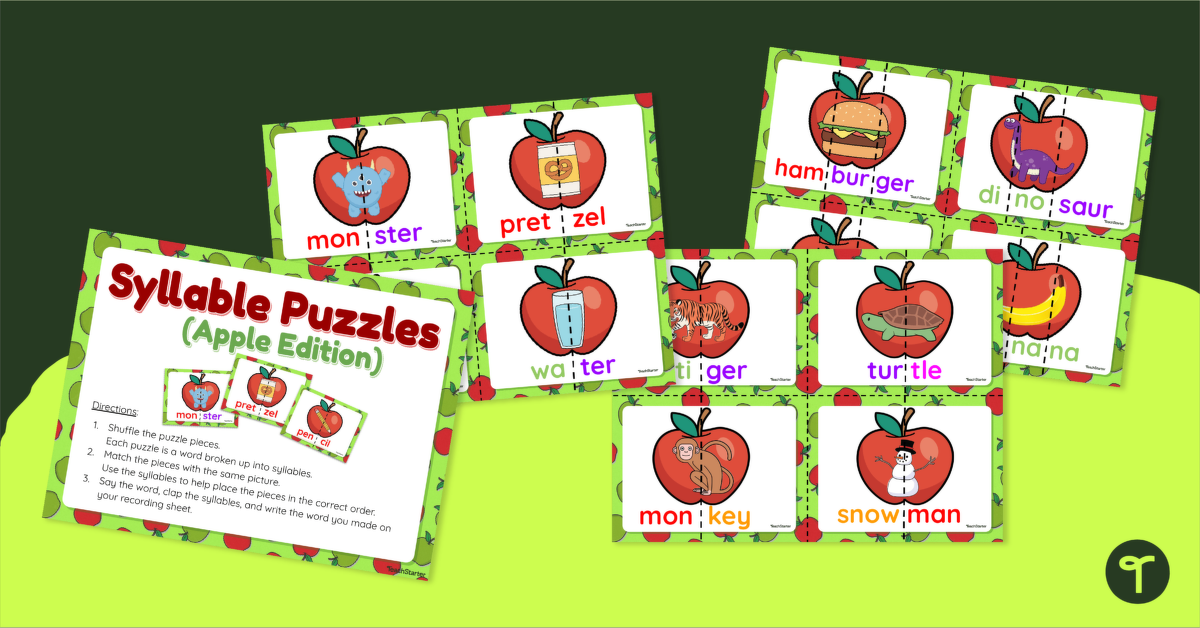

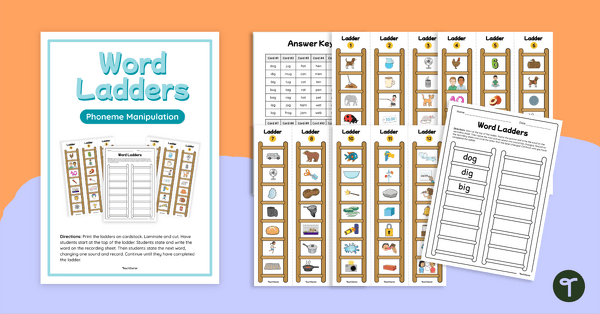
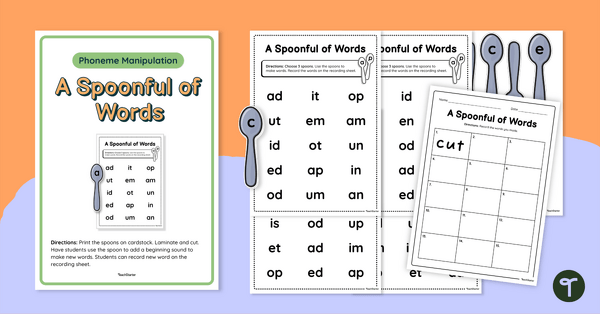
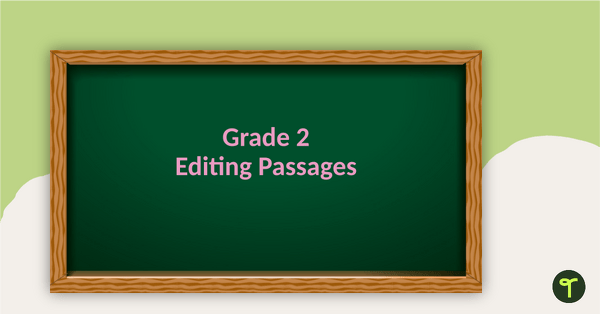
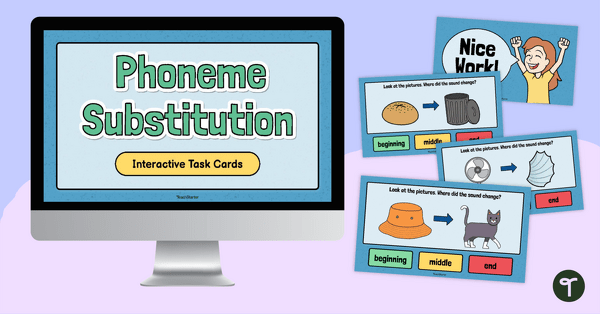
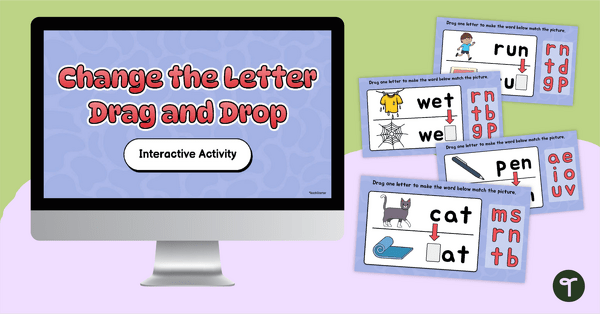
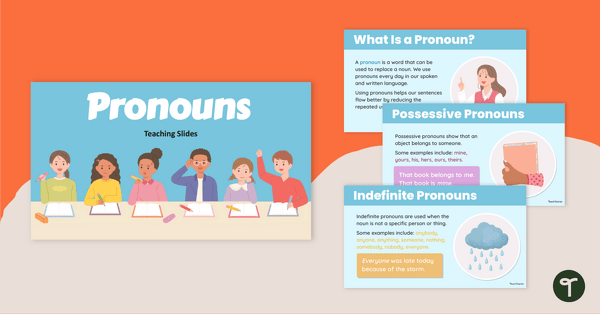
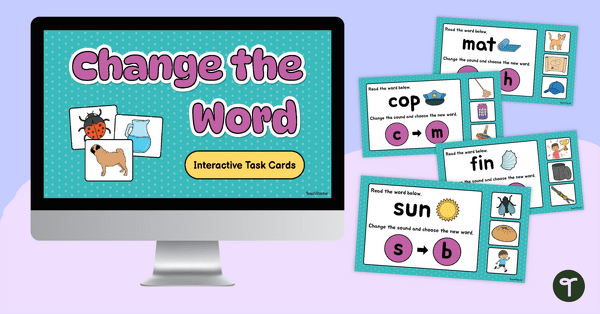
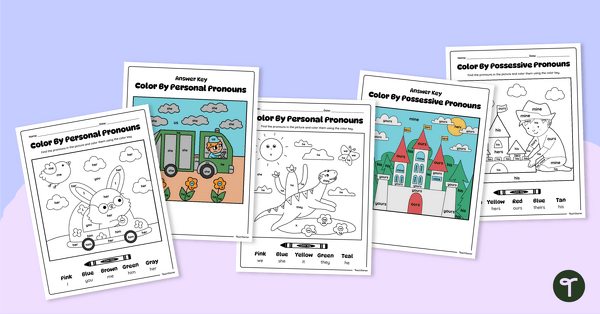
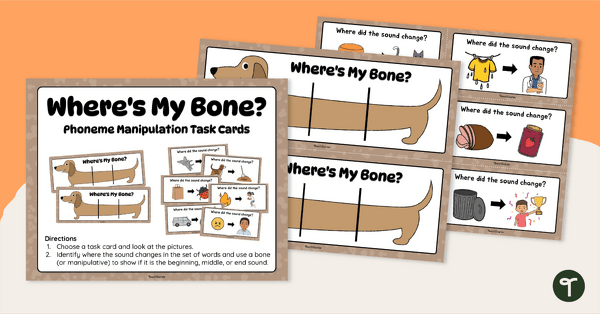
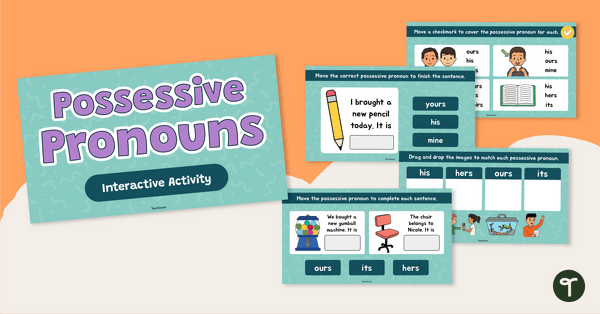
0 Comments
Write a review to help other teachers and parents like yourself. If you'd like to request a change to this resource, or report an error, select the corresponding tab above.